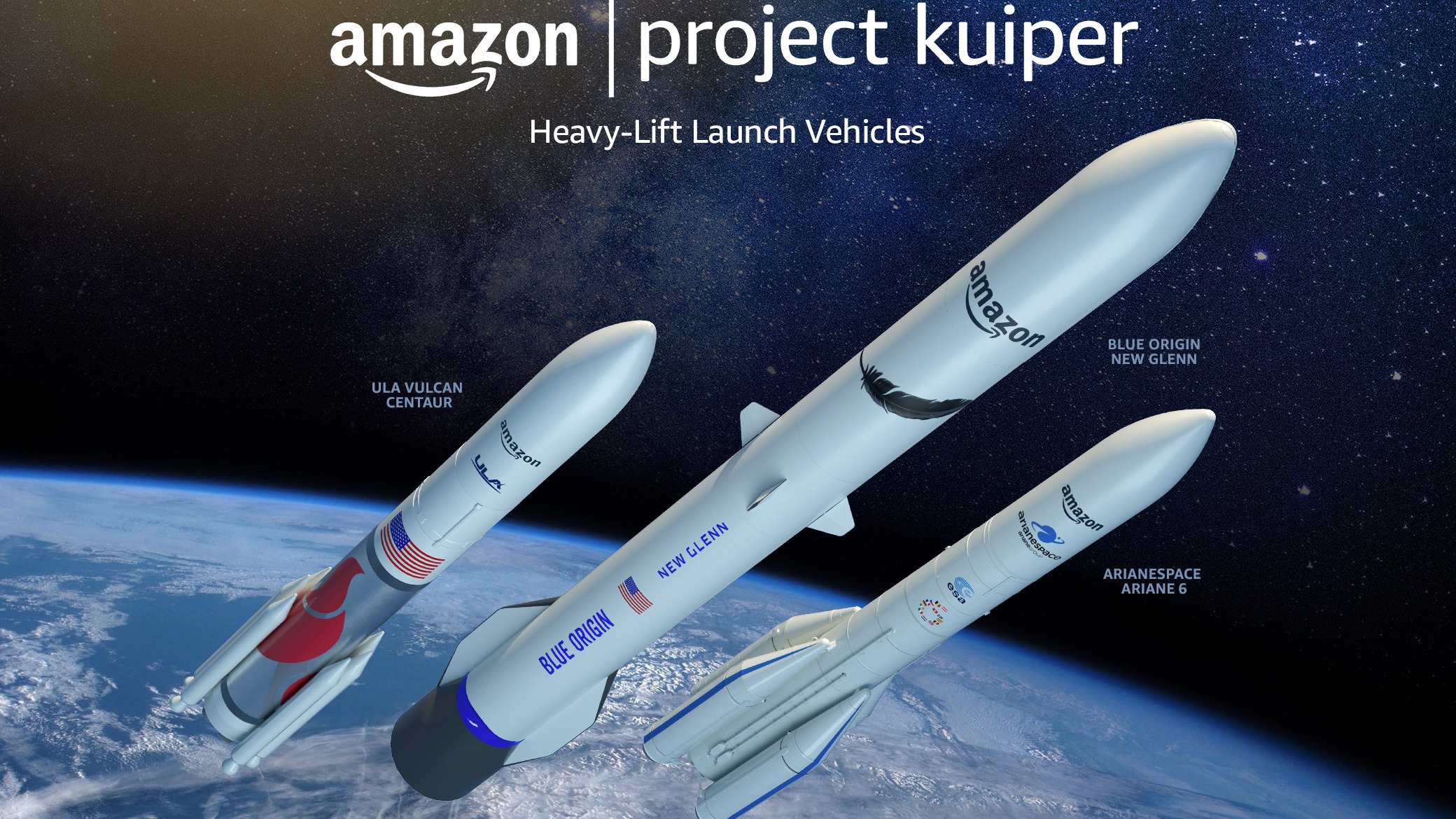The UK’s first ‘next generation’ supercomputer is to be hosted at the University of Edinburgh.
The government said the exascale computer will be up to 50 times faster than any of the country’s existing machines and be able to perform “one billion billion calculations per second”.
Once operational, with installation of the first phase due to begin in 2025, the supercomputer will provide “high-performance” computing capability for key research and industry projects across the UK.
Funding for the new supercomputer was announced by chancellor Jeremy Hunt in the Spring Budget – part of an investment of around £900 million which will also go towards the development of another supercomputer dubbed Isambard-AI at the University of Bristol.
Edinburgh University has served as the home of the UK’s high-performance computing services for more than 30 years, and already hosts the country’s current national supercomputer, ARCHER2.
Professor Peter Mathieson, principal and vice chancellor of the University of Edinburgh, said he was “thrilled” the university had been chosen to host the new machine, which he described as a “significant leap forward” in the UK’s supercomputing capabilities.
“Bringing the exascale computer to Edinburgh is a testament to our expertise in managing such world-class facilities, and the depth of global talent in computer science and AI within the University,” he said. “Exascale’s power will help all who work with it to untangle some of the world’s knottiest problems, ensure the UK is prepared for the data-driven future, and further establish Edinburgh as the data capital of Europe.”
Latest News
-
The top technology trends to expect in 2026
-
The most read National Technology News stories of 2025
-
Lyft and Uber sign deals with Baidu for robotaxi trial in London
-
Nextdoor launches AI-driven self-serve ads platform for small businesses
-
Italy's antitrust fines Apple €98.6m over alleged App Store dominance
-
Visa partners with UAE real estate firm to launch voice-enabled agentic commerce payments
The future-ready CFO: Driving strategic growth and innovation
This National Technology News webinar sponsored by Sage will explore how CFOs can leverage their unique blend of financial acumen, technological savvy, and strategic mindset to foster cross-functional collaboration and shape overall company direction. Attendees will gain insights into breaking down operational silos, aligning goals across departments like IT, operations, HR, and marketing, and utilising technology to enable real-time data sharing and visibility.
The corporate roadmap to payment excellence: Keeping pace with emerging trends to maximise growth opportunities
In today's rapidly evolving finance and accounting landscape, one of the biggest challenges organisations face is attracting and retaining top talent. As automation and AI revolutionise the profession, finance teams require new skillsets centred on analysis, collaboration, and strategic thinking to drive sustainable competitive advantage.
© 2019 Perspective Publishing Privacy & Cookies



.jpg)




Recent Stories